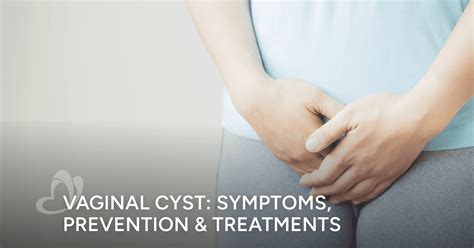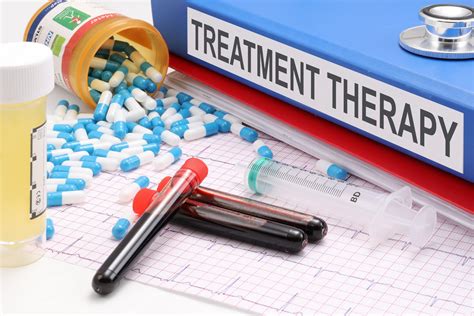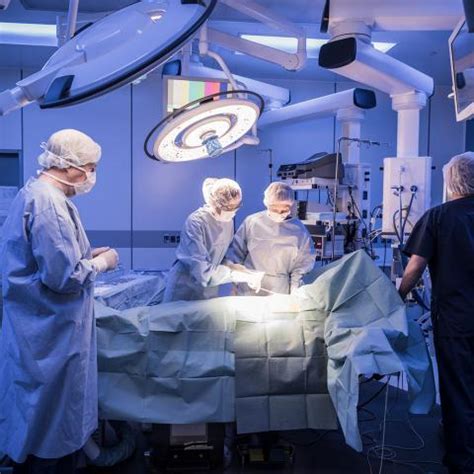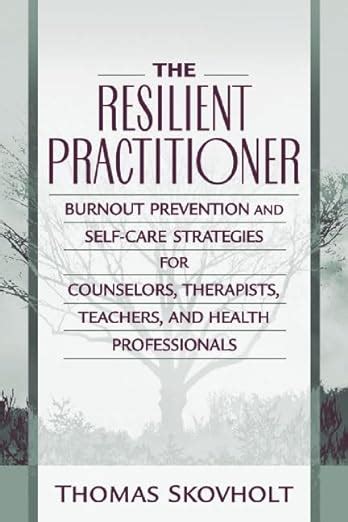Intro
Discover effective treatments for vaginal cysts, including natural remedies, surgical options, and self-care methods to alleviate symptoms and promote healing, addressing discomfort and pain associated with ovarian and Bartholin gland cysts.
Vaginal cysts are closed pockets of fluid or semi-solid material that can develop on the vaginal wall or the vulva. They are usually benign and can be caused by a variety of factors, including blockages in the Bartholin's glands, mucous cysts, or other conditions. While vaginal cysts are generally not life-threatening, they can cause discomfort, pain, and other symptoms that can impact a woman's quality of life. In this article, we will explore the different ways to treat vaginal cysts, including home remedies, medical treatments, and surgical options.
The importance of treating vaginal cysts cannot be overstated. If left untreated, vaginal cysts can become infected, leading to abscesses or other complications. Additionally, vaginal cysts can cause significant discomfort and pain, especially during sex or other physical activities. Furthermore, vaginal cysts can also cause emotional distress and anxiety, particularly if they are large or persistent. Therefore, it is essential to seek medical attention if you suspect you have a vaginal cyst.
Vaginal cysts can be diagnosed through a physical exam, imaging tests, or biopsy. A healthcare provider will typically perform a pelvic exam to check for any abnormalities or masses on the vaginal wall or vulva. Imaging tests, such as ultrasound or MRI, may also be ordered to confirm the diagnosis and rule out other conditions. In some cases, a biopsy may be necessary to determine the cause of the cyst and rule out any potential malignancies. Once a diagnosis is made, treatment options can be discussed.
Treatment Options for Vaginal Cysts

Treatment options for vaginal cysts depend on the size, location, and cause of the cyst, as well as the patient's overall health and medical history. In some cases, vaginal cysts may resolve on their own without treatment. However, if symptoms persist or worsen, medical attention is necessary. Here are five ways to treat vaginal cysts:
Home Remedies
Home remedies can be effective in treating small vaginal cysts or reducing symptoms. Some home remedies include: * Applying warm compresses to the affected area to reduce discomfort and promote drainage * Taking over-the-counter pain relievers, such as ibuprofen or acetaminophen, to reduce pain and inflammation * Practicing good hygiene and keeping the genital area clean and dry * Avoiding tight clothing or irritants that can exacerbate symptoms * Using a sitz bath or warm water to soak the genital area and promote relaxationMedical Treatments

Medical treatments for vaginal cysts may include antibiotics, pain relievers, or other medications to manage symptoms and prevent infection. In some cases, a healthcare provider may recommend a procedure to drain the cyst or remove it surgically. Medical treatments may also include:
Hormonal Therapies
Hormonal therapies, such as birth control pills or hormone replacement therapy, may be prescribed to regulate hormonal imbalances that can contribute to vaginal cysts.Antibiotics
Antibiotics may be prescribed to treat bacterial infections that can cause vaginal cysts or exacerbate symptoms.Surgical Options

Surgical options for vaginal cysts may be necessary if the cyst is large, persistent, or causes significant symptoms. Surgical options may include:
Incision and Drainage
Incision and drainage is a procedure where a healthcare provider makes a small incision in the cyst to drain the fluid or semi-solid material.Cyst Removal
Cyst removal is a surgical procedure where the entire cyst is removed, either through a traditional open surgery or a minimally invasive procedure.Marsupialization
Marsupialization is a procedure where a healthcare provider creates a new opening in the cyst to allow it to drain and promote healing.Prevention and Self-Care

Prevention and self-care are essential in reducing the risk of developing vaginal cysts or managing symptoms. Some tips include:
- Practicing good hygiene and keeping the genital area clean and dry
- Avoiding tight clothing or irritants that can exacerbate symptoms
- Using a condom or other barrier method during sex to reduce the risk of infection
- Getting regular check-ups and screenings to detect any abnormalities or conditions early
Nutrition and Lifestyle
A healthy diet and lifestyle can also play a crucial role in preventing and managing vaginal cysts. Some tips include:- Eating a balanced diet rich in fruits, vegetables, and whole grains
- Staying hydrated and drinking plenty of water
- Avoiding processed foods and sugary drinks
- Getting regular exercise and practicing stress-reducing techniques, such as meditation or yoga
Conclusion and Next Steps

In conclusion, vaginal cysts are a common condition that can cause discomfort, pain, and other symptoms. While treatment options depend on the size, location, and cause of the cyst, there are several ways to manage symptoms and prevent complications. By practicing good hygiene, using home remedies, and seeking medical attention when necessary, women can reduce their risk of developing vaginal cysts and promote overall health and well-being. If you suspect you have a vaginal cyst, it is essential to seek medical attention to determine the best course of treatment.
We invite you to share your thoughts and experiences with vaginal cysts in the comments below. Have you or someone you know been diagnosed with a vaginal cyst? What treatment options were used, and what were the results? Your feedback and insights can help others who may be going through a similar experience.
What are the symptoms of vaginal cysts?
+Symptoms of vaginal cysts may include a lump or mass on the vaginal wall or vulva, pain or discomfort during sex or other physical activities, and discharge or bleeding from the cyst.
How are vaginal cysts diagnosed?
+Vaginal cysts can be diagnosed through a physical exam, imaging tests, or biopsy. A healthcare provider will typically perform a pelvic exam to check for any abnormalities or masses on the vaginal wall or vulva.
Can vaginal cysts be prevented?
+While vaginal cysts cannot be completely prevented, practicing good hygiene, avoiding tight clothing or irritants, and using a condom or other barrier method during sex can reduce the risk of developing vaginal cysts.
